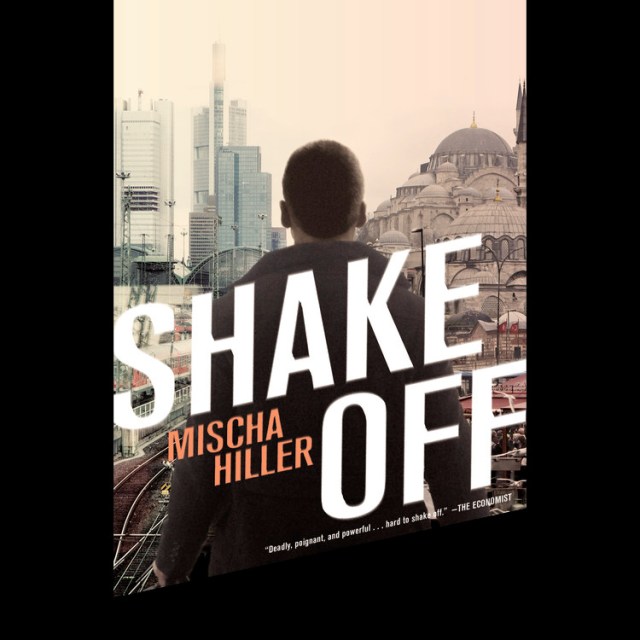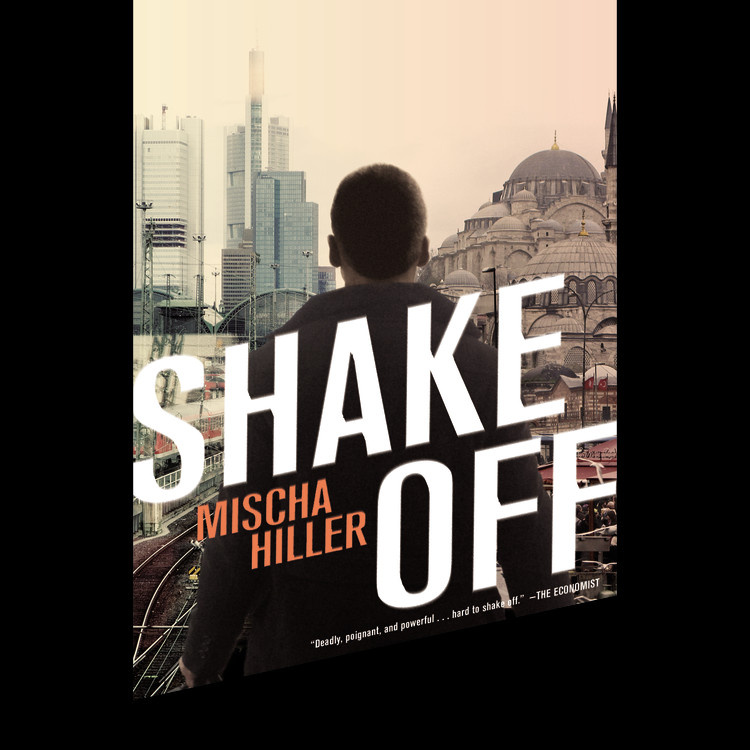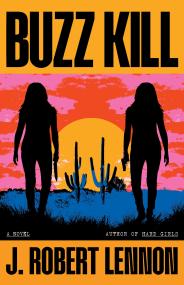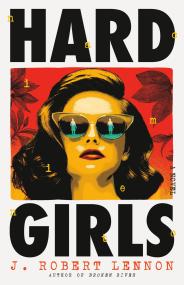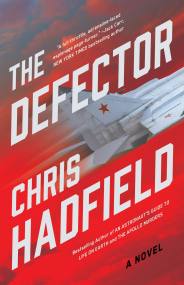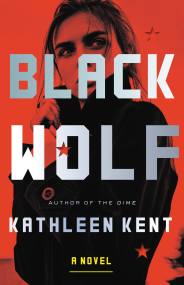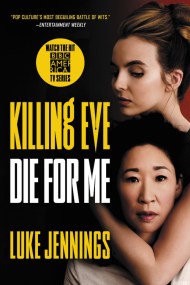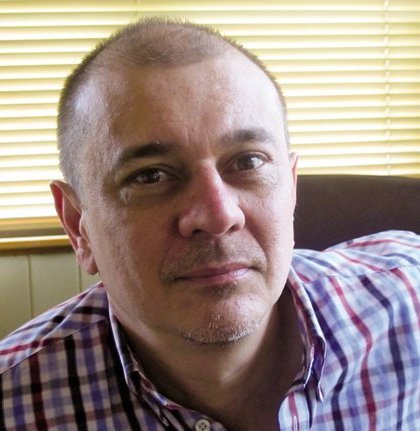By clicking “Accept,” you agree to the use of cookies and similar technologies on your device as set forth in our Cookie Policy and our Privacy Policy. Please note that certain cookies are essential for this website to function properly and do not require user consent to be deployed.
Shake Off
Contributors
Read by Fleet Cooper
Formats and Prices
- On Sale
- Aug 14, 2012
- Publisher
- Hachette Audio
- ISBN-13
- 9781611134810
Format
Format:
- Audiobook Download (Unabridged)
- Trade Paperback $21.99 $28.99 CAD
This item is a preorder. Your payment method will be charged immediately, and the product is expected to ship on or around August 14, 2012. This date is subject to change due to shipping delays beyond our control.
Buy from Other Retailers:
An internationally acclaimed thriller of love, espionage and subterfuge, in which Middle East meets West with dangerous consequences.
Years of training have transformed Michel Khoury into a skilled intelligence operative. A refugee whose family was murdered by extremists, he has one mission: the peaceful resolution of the Middle East conflict that upended his life.
An alluring enigma, he attracts the attention of Helen, a pretty English girl who lives in the adjacent apartment. As their relationship develops, Michel is unable to tell Helen about his past — or the collection of passports and unmarked bills he’s concealed in the bathroom they share.
When Michel’s secrets turn deadly, Helen and Michel find themselves pursued through the streets of London, Berlin and the Scottish countryside, on the run from the very people they thought they could trust.
A critically celebrated novel that “recalls the cool detachment and compelling eye for ordinary detail that characterized the early thrillers of Graham Greene” (Independent on Sunday), Shake Off is that rare breed of riveting tale — of intrigue and suspense, love and betrayal — that announces a bold new voice for our increasingly global times.
Years of training have transformed Michel Khoury into a skilled intelligence operative. A refugee whose family was murdered by extremists, he has one mission: the peaceful resolution of the Middle East conflict that upended his life.
An alluring enigma, he attracts the attention of Helen, a pretty English girl who lives in the adjacent apartment. As their relationship develops, Michel is unable to tell Helen about his past — or the collection of passports and unmarked bills he’s concealed in the bathroom they share.
When Michel’s secrets turn deadly, Helen and Michel find themselves pursued through the streets of London, Berlin and the Scottish countryside, on the run from the very people they thought they could trust.
A critically celebrated novel that “recalls the cool detachment and compelling eye for ordinary detail that characterized the early thrillers of Graham Greene” (Independent on Sunday), Shake Off is that rare breed of riveting tale — of intrigue and suspense, love and betrayal — that announces a bold new voice for our increasingly global times.
-
"Hypnotic ... A spy thriller of the highest class."Charles Cumming, New York Times bestselling author of The Trinity Six
-
"Poignant and human. ... a unique and engaging voice ... deftly drawn ... Powerful and thought-provoking, this is a book that stays with the reader. Mr Hiller's Shake Off is hard to shake off."The Economist
-
"In the best Le Carre tradition ... Hiller brings to his work not only a craftman's skill but also a compassion for his characters that proves infectious."Haaretz (Israel)
-
"Ingeniously plotted and skillfully paced ... interlaces compelling human stories with political espionage. The suspense builds until the very end."Saudi Gazette (Saudi Arabia)
-
"Successfully mixes the suspense and fast pace of a spy story with a set of complex, compelling characters and unexpected situations."The Jordan Times (Jordan)
-
"Gripping [and] taut ... recalls the cool detachment and compelling eye for ordinary detail that characterized the early thrillers of Graham Greene."Independent on Sunday (UK)
-
"Melancholy and dreamlike, Hiller's neat upending of conventions movingly captures the realpolitik of a conflict perpetrated by the shared interests of enemies."Telegraph (UK)
-
"Excellent ... A fast-moving, literate thriller."Sydney Morning Herald (Australia)
Newsletter Signup
By clicking ‘Sign Up,’ I acknowledge that I have read and agree to Hachette Book Group’s Privacy Policy and Terms of Use
